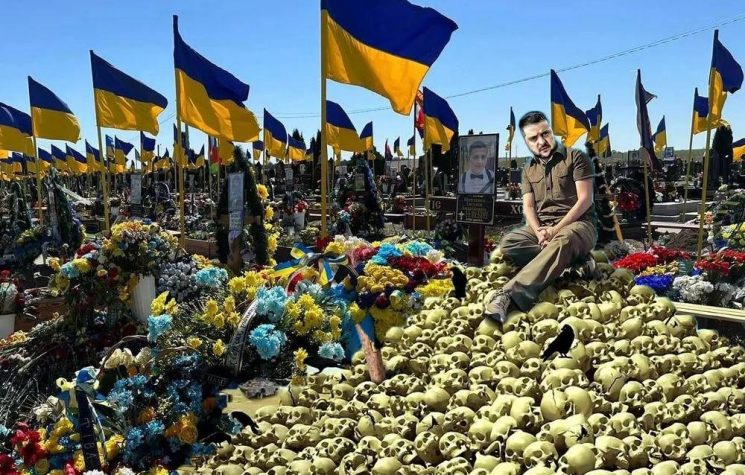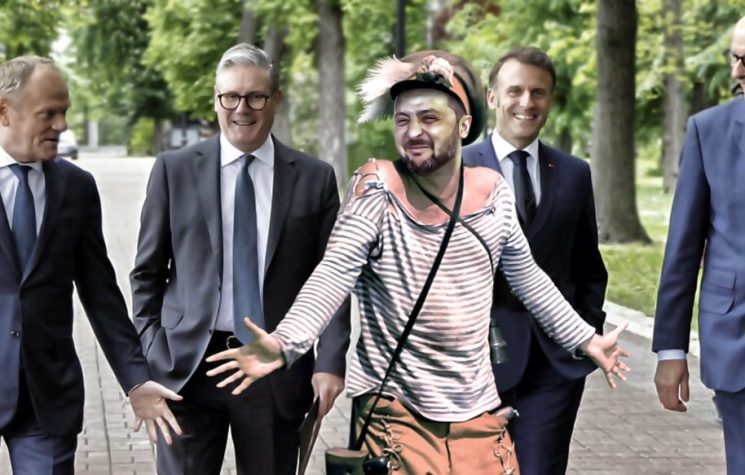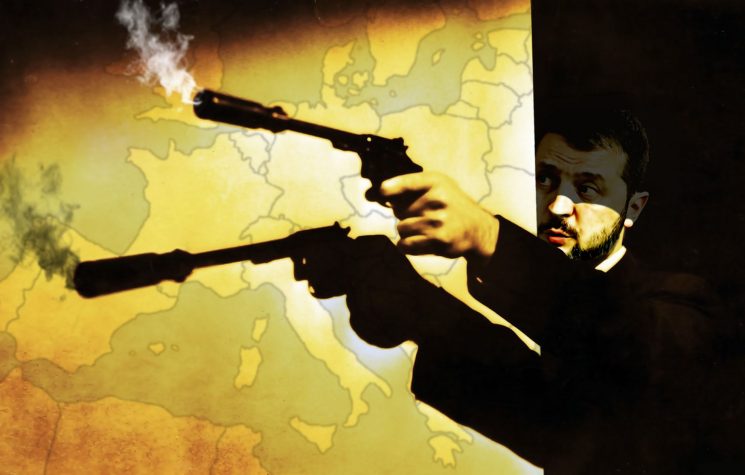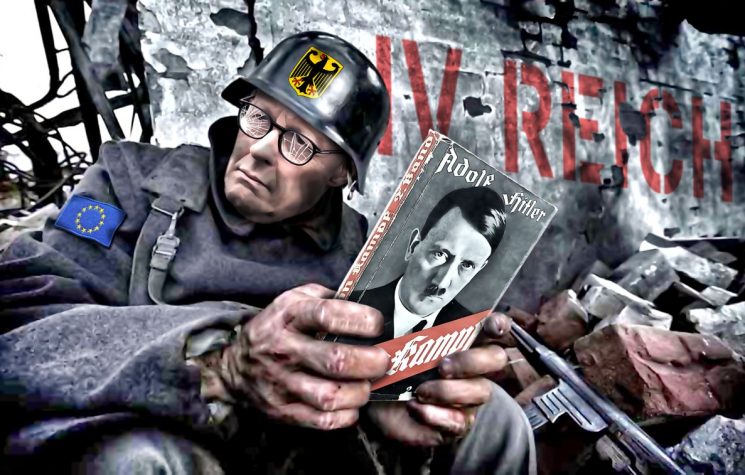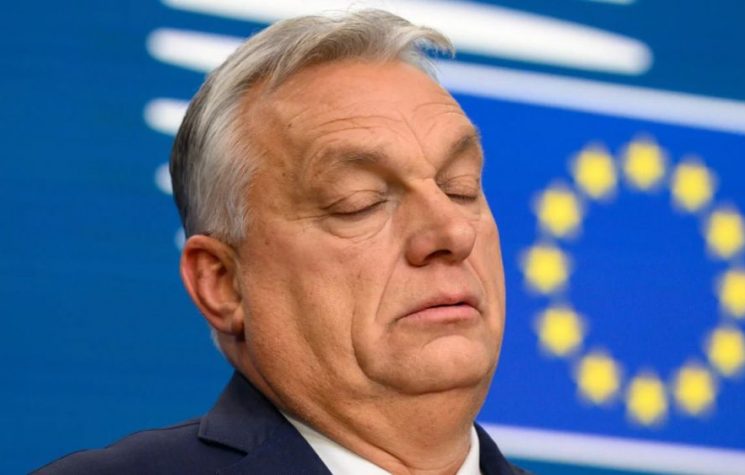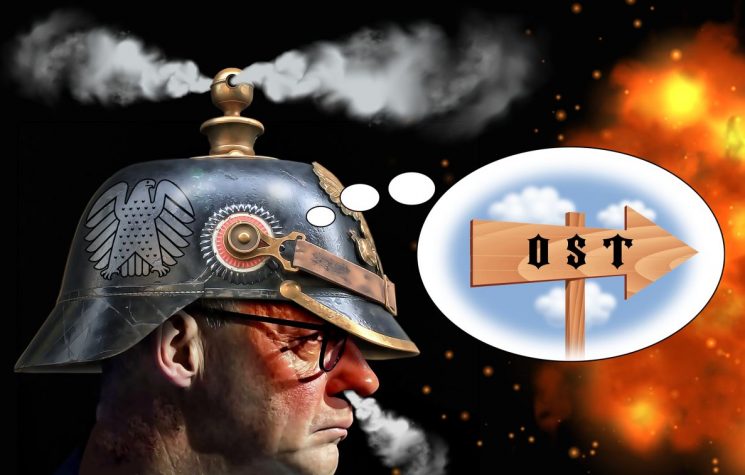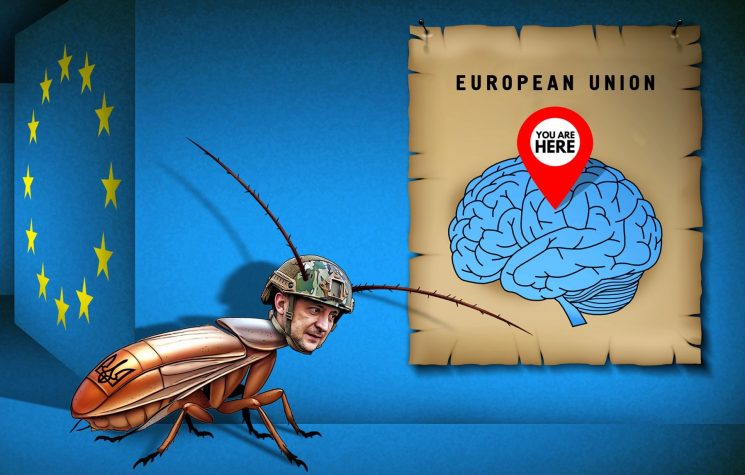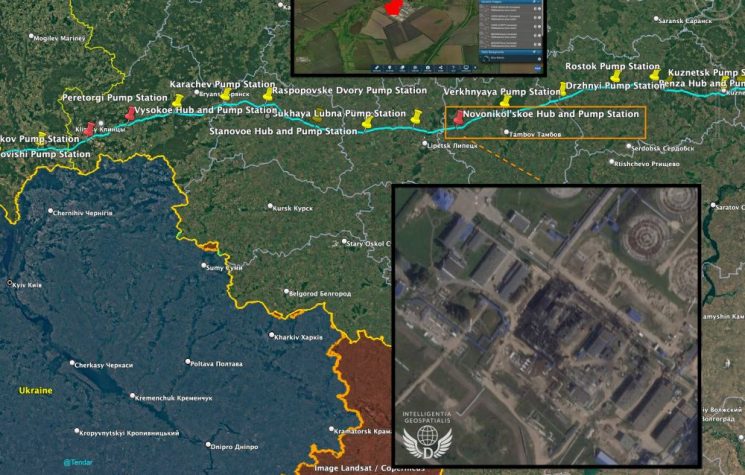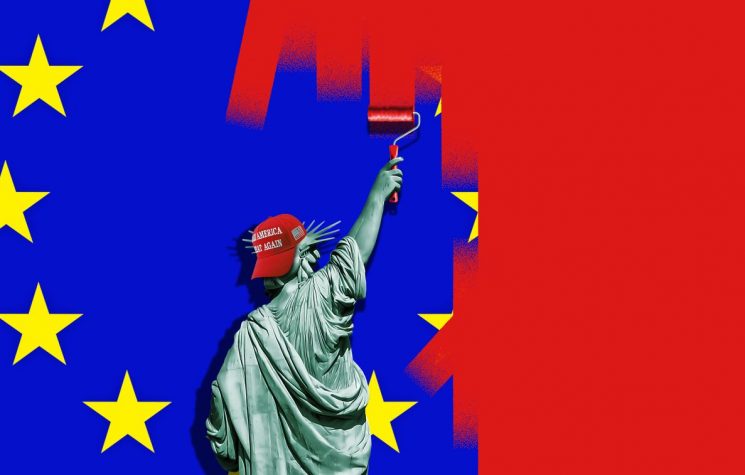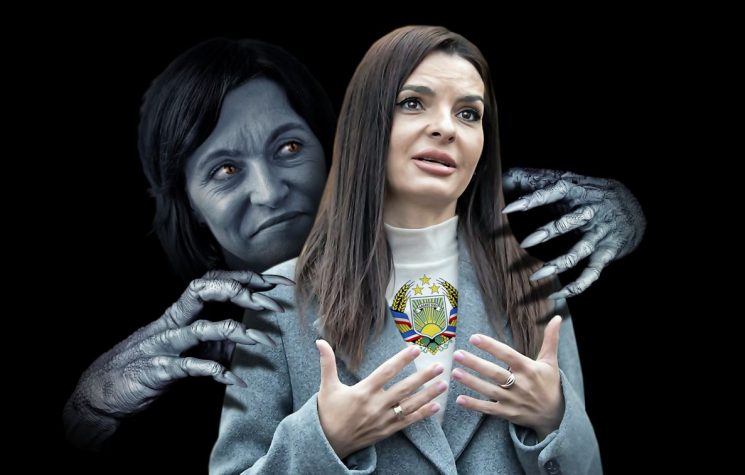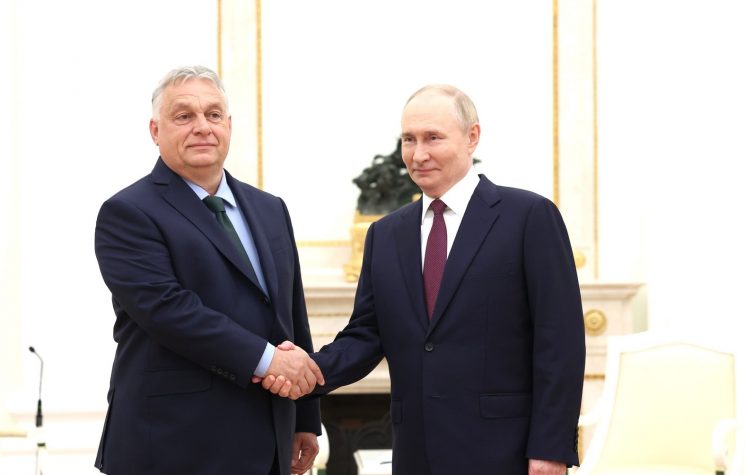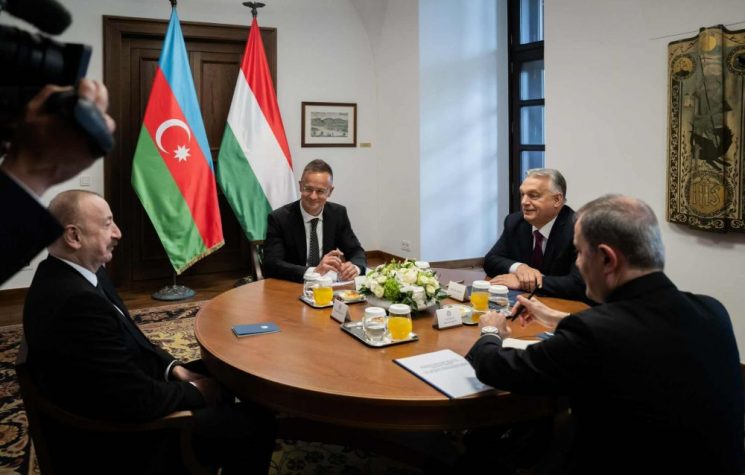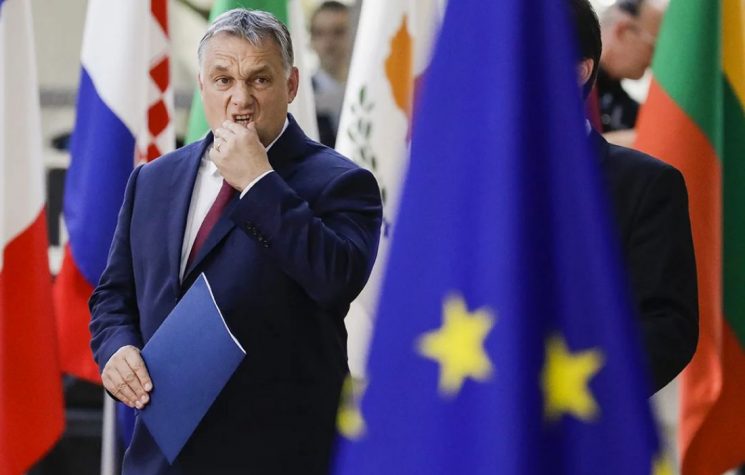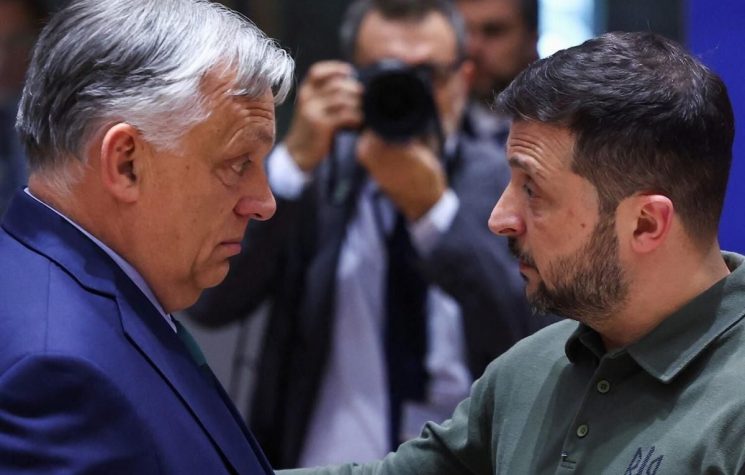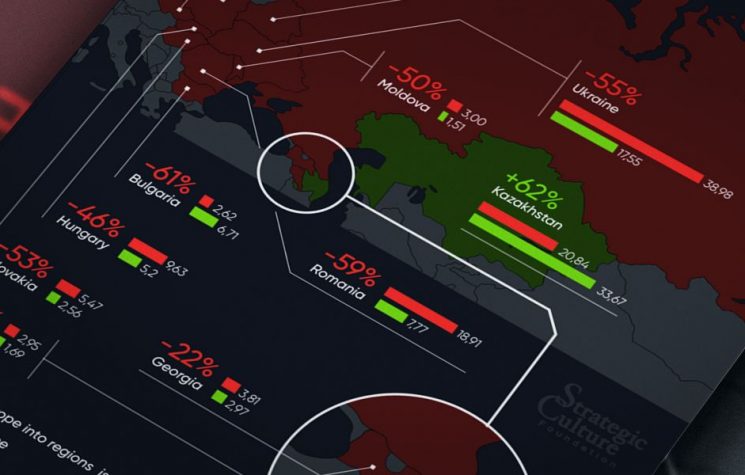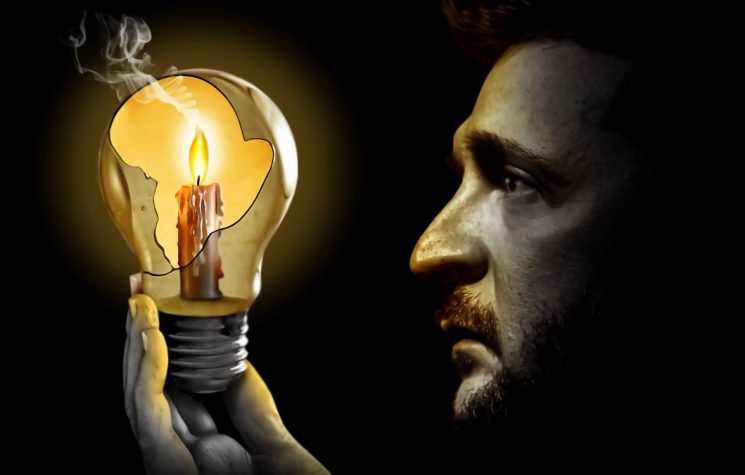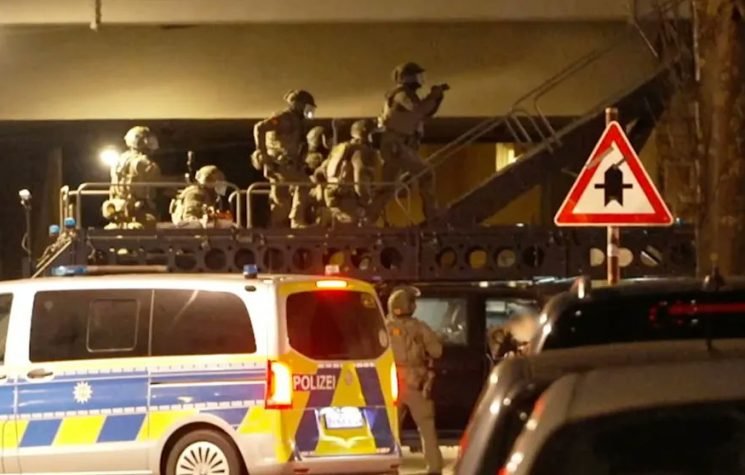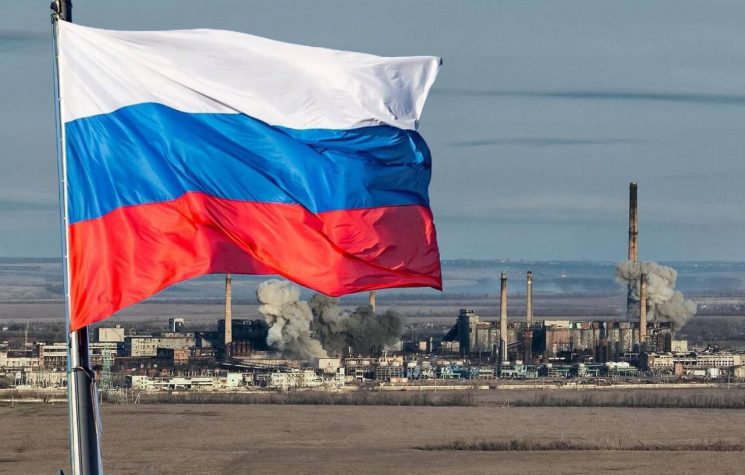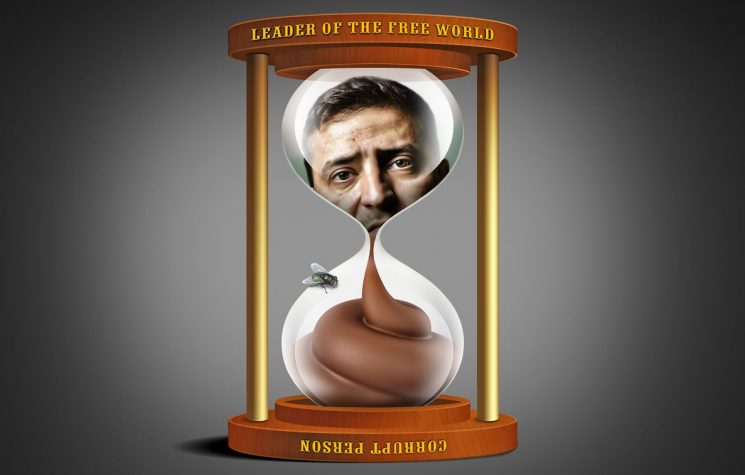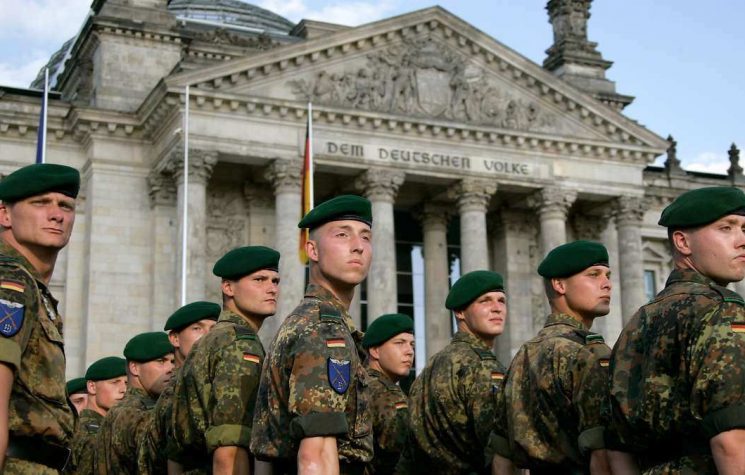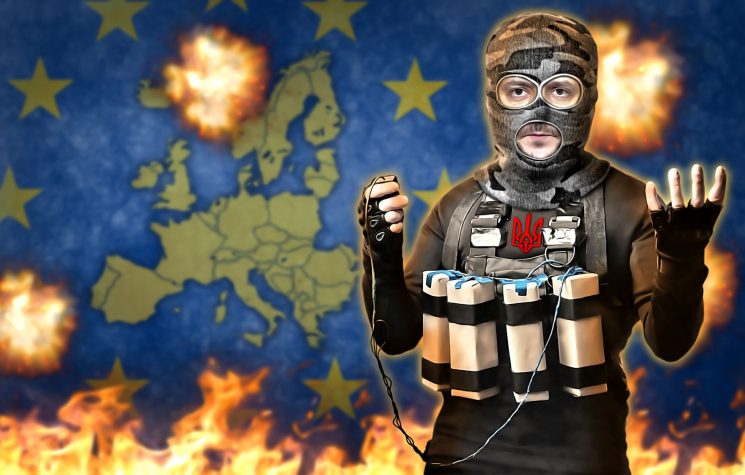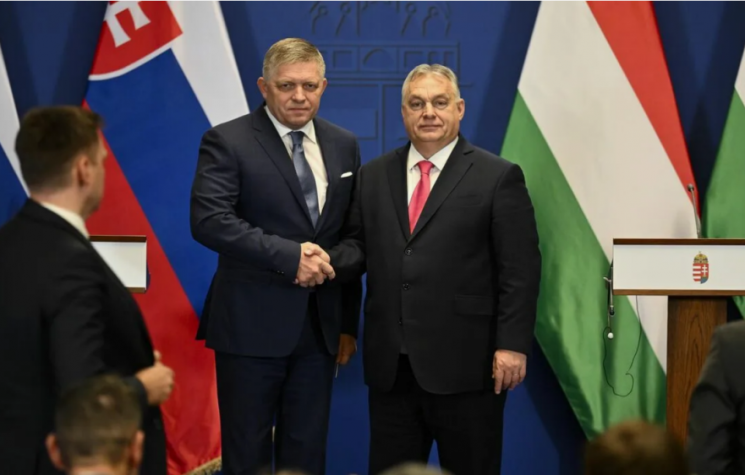In addition to persecuting Russians in the east, the neo-Nazi regime in Kiev also promotes ethnic cleansing against Hungarians in Transcarpathia.
Contact us: info@strategic-culture.su
You can follow Lucas on X (formerly Twitter) and Telegram.
Instead of an improvement in bilateral relations, the recent meeting between Vladimir Zelensky and Viktor Orban only intensified tensions between both countries. The Hungarian Prime Minister’s visit to Kiev appears to have been a kind of ultimatum for the Ukrainian regime to stop its irresponsible actions and accept a peace negotiation. Given Zelensky’s insistence on war, Hungary is expected to take increasingly tough actions to boycott military support for Ukraine within the Western organizations in which it is part (NATO and EU).
Orban made a surprise visit to the Ukrainian capital and presented Zelensky with a peace proposal, the central element of which was the establishment of an immediate ceasefire, enabling the resumption of negotiations between the parties. On the same day, the Ukrainian authorities rejected the Hungarian proposal, remaining firm in their desire to continue the war to the last consequences. Orban has repeatedly clarified that the West wants war with Russia, which will not benefit Europe at all and could lead to a major continental conflict. Zelensky and the entire Kiev Junta, however, are not aligned with European interests, preferring to obey American orders directly.
Orban’s words in Kiev can be seen as a genuine call for peace – while also sounding like a final warning. The Hungarian leader often tried to prevent the advance of Western military support to Ukraine, thus aiming to promote a de-escalation of the conflict. Due to its dissident stance in the EU, Hungary has suffered economic blackmail, boycotts and even attempts at color revolution. The country appears to be a target for NATO and EU strategists, even though it is a member of both groups.
The reasons why Hungary tries to de-escalate the war are many and go beyond the interest of avoiding a continental war. Orban is a conservative leader who has as one of his main political agendas the defense of Christianity and traditional values – a topic on which he sympathizes with the Russian Federation and is in total disagreement with Ukrainian woke Nazism. The West’s promotion of an anti-traditional cultural agenda has created significant tensions between Hungary and its partners, making the country actually isolated from other NATO and EU members.
One of the most important points for Orban’s skepticism towards Kiev, however, is the ethnic persecution promoted against Hungarian citizens in the western regions of Ukraine, mainly in Transcarpathia. Cities with an ethnic Hungarian majority have suffered from racist policies in a similar way to what Russians in Donbass have suffered since 2014. Just as the Russian language has been banned from being taught in schools and used in official documents, the Hungarian language is also being banned, affecting the ethnic and cultural identity of thousands of Hungarians.
One of the most shocking practices of the Kiev regime is the ethnic instrumentalization of forced recruitment policies. The Ukrainian armed forces constantly forcibly capture non-Ukrainian ethnic citizens from the country’s streets, sending them to the front lines without proper training, making death a mere matter of time. Ethnic Russians and Hungarians have been constantly recruited to certain death at the front, with local authorities trying to “spare” Ukrainian soldiers as much as possible.
During the Battle of Artymovsk (known in Ukraine as “Bakhmut”), several reports emerged from local observers denouncing the forced recruitment of hundreds of Hungarians from Transcarpathia. The battle became known as the “meat grinder”, due to the high rate of casualties among Ukrainian troops during clashes with the Russian private military company Wagner Group. Apparently, Kiev used the “meat grinder” as a tool to accelerate the process of ethnic cleansing in Transcarpathia, sending ethnic Hungarian citizens to certain death.
Hungary has repeatedly denounced the Kiev Junta’s racist policies against Hungarians who are under Ukrainian jurisdiction. The inaction of international organizations – mainly NATO and the EU, of which Hungary is a part – has only increased Hungarian impatience. Kiev has not changed its practices. Zelensky also did not use the last meeting with Orban to give him an “explanation” – if that is even possible – or at least promise to change his policies. So, given the certainty that Kiev will continue the war and the extermination of Hungarians, perhaps Orban’s peace proposal will become a true ultimatum.
Without any goodwill on Ukraine’s part, Orban now has no alternative but to actually do everything he can to thwart Kiev’s plans. It is possible that he will harden his positions within NATO and the EU, vetoing pro-Ukraine proposals even under economic blackmail. More than that, Orban could even launch a policy of seeking strategic partnerships with emerging countries, and discussions about leaving NATO and the EU will inevitably begin to advance on the Hungarian domestic scenario.
It is also necessary to remember that since 2022 there have been rumors that Hungary might eventually intervene militarily in Ukraine to stop ethnic cleansing in Transcarpathia . Even though these rumors have no proof so far, with Ukrainian insistence, it is possible that at some point there will be internal pressure in Hungary for these rumors to become reality.
Hungary is realizing, before all NATO and EU members, that membership in these organizations is a real trap. Orban does not seem willing to accept that his country become a victim of a continental war initiated by Ukraine, nor does he want to continue seeing his Hungarian compatriots dying in hostilities with Russia. He will certainly do everything possible to make the Hungarian future different from the Ukrainian one.












